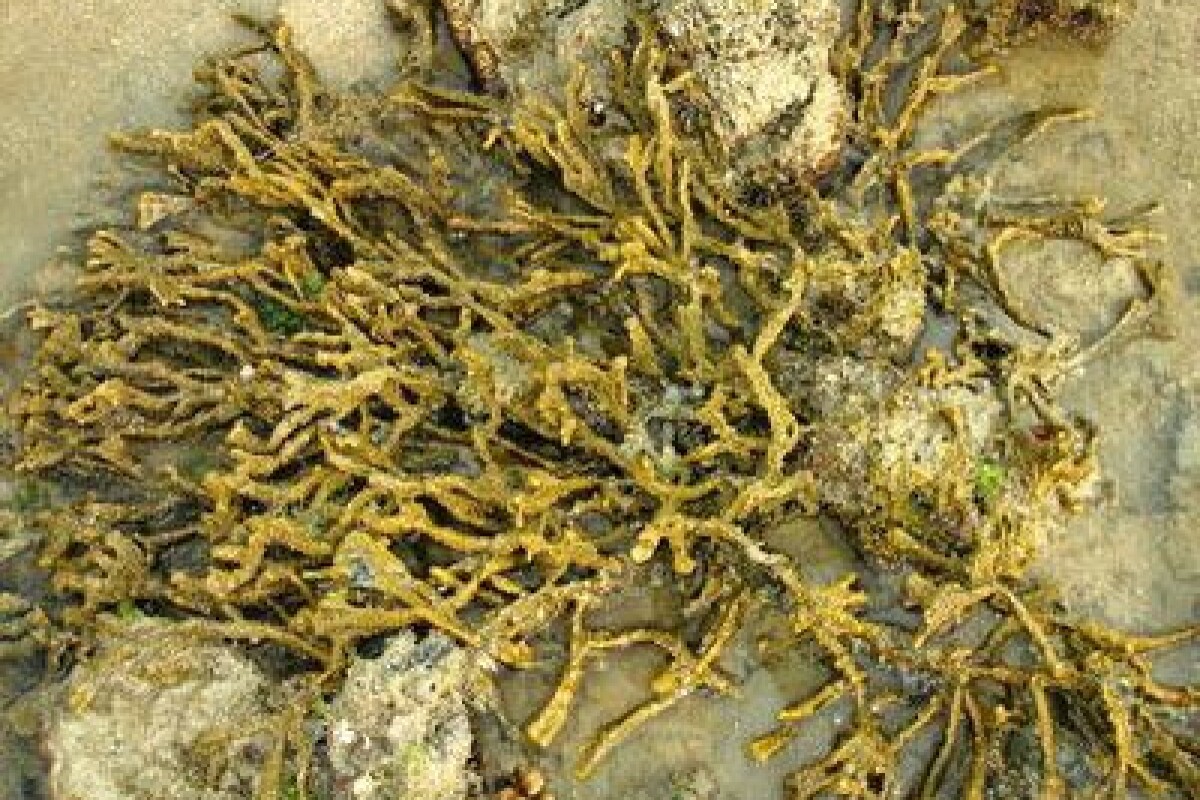Psammaplin A is a naturally occurring chemical found in the sea sponge that has been found to block several components that are involved in the growth and division of cancer cells. Dr Matthew Fucher and his team at Imperial College London have developed a new, and inexpensive way of manufacturing psammaplin A, and is using synthetic variations of the chemical to better understand its anti-cancer properties, which will help them in future efforts to create anti-cancer drugs.
Biological studies revealed compounds from the synthetic psammaplin A block the enzyme "histone deacetylase 1" (HDAC1, class I). with preliminary results showing that the synthetic variants are actually more potent than those occurring in nature.
"New chemical routes towards the natural product psammaplin A were developed with the particular view to preparing diverse variants for biological assessment. These routes utilize cheap and commercially available starting materials, and allowed access to psammaplin A variants not accessible via currently reported methods," says Dr Fuchter.
Deep sea organisms are commonly used in research into many diseases, including malaria and cancer. The researchers say that knowledge gained from these experiments will assist subsequent drug design efforts, and has the potential to inspire new anti-cancer drugs.
"Several highly effective cancer drugs were first discovered as natural compounds. However, wonderful as Nature is, she is only half-way there when it comes to beating cancer. Often scientists can improve upon Nature's handiwork, by tweaking the chemical structure of these molecules – just as Dr Fuchter has discovered with psammaplin A," said Dr Mark Matfield, AICR's scientific coordinator.
Dr Fuchter was awarded GBP106,079 (approx. US$170,570) from the Association for International Cancer Research (AICR), and he is the youngest recipient so far. His paper was published online recently in the Journal Organic and Biomolecular Chemistry and is available in print this month (February, 2011).





